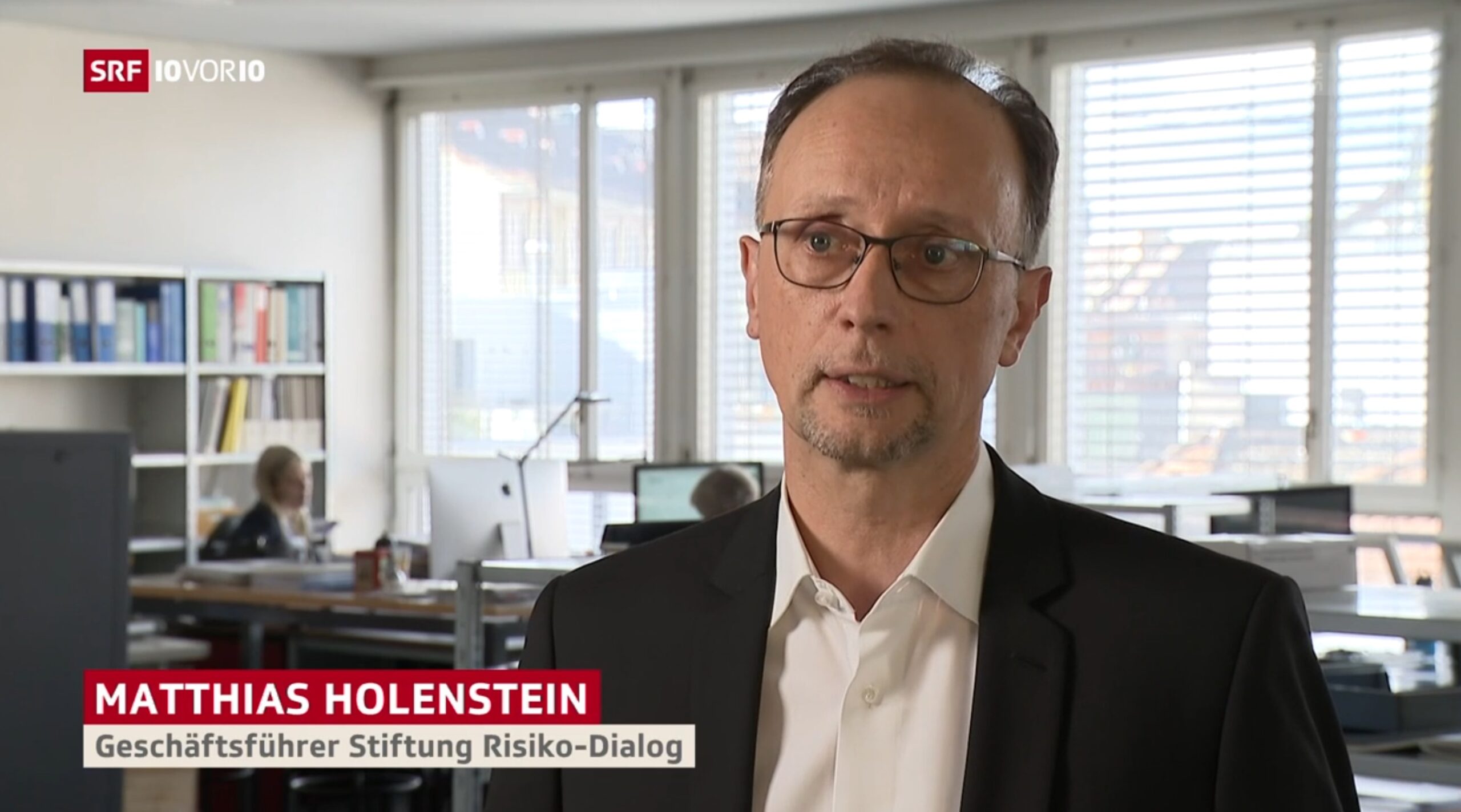The Risk Dialogue Foundation has been dealing with crises for 30 years and advises authorities as well as companies. Which theses prove to be true for Switzerland in the current pandemic?
Our study for the Federal Office for Civil Protection (2014) shows that people who are not acutely threatened in life and limb predominantly act calmly, rationally and helpfully in crises. This is quite different from the image of mass panic, violence and looting that is often sketched. In addition, stabilising factors such as the technical, political, social, financial and economic situation of a country play a major role. Switzerland is in a good starting position here. Immediate government measures and clear, regular communication by the authorities, especially during the lockdown, have also supported the population.
Now, in contrast to other situations such as natural disasters, the pandemic is different: there is no time or place limit. In other words, we do not know how long, how strong and in which regions the Corona crisis will last. Countries – and individuals – with experience of uncertain times are at in advantage. This is also a fact that we know from risk research and something that Switzerland, as a country that has been spared crises since the 20th century, lacks. In addition, signs of fatigue are becoming increasingly noticeable. We are constantly confronted with negative and, in this case, uncertain news, while positive elements of everyday life are limited – such as social contacts.
What are the key conditions that make the difference in a crisis??
The health situation is the first thing that comes to the fore in the event of a pandemic. Thus, each and every person probably first asks himself or herself whether or not he or she belongs to a risk group. However, other effects of a pandemic are just as important. For example, in addition to health, mental health or the ability to cope with stress, the existing social network, the personal economic situation, are central criteria for how one gets through a crisis. In short: How do you feel? Do you have support from friends and family? Can you finance yourself? In public communication in particular, it is striking how the focus is on the epidemiological and economic situation and how mental health in the social and psychological sphere is hardly addressed.
Another aspect of crisis resilience is the personal responsibility of the individual, for example in washing hands and keeping distance. In this context, it is important to have support from the public sector, for example with very specific and at the same time clear information: Who exactly should be tested? When exactly must who be quarantined and for how long? What has been scientifically confirmed? However, it is also important to point out that many things are still open and unclear – for example, transmission routes. Crisis resilience during a pandemic can be promoted through constructive communication between the authorities and the population, which is conducted at eye level, transparently, openly and proactively.
The interview in the news programme SRF 10vor10 from 09 October 2020

